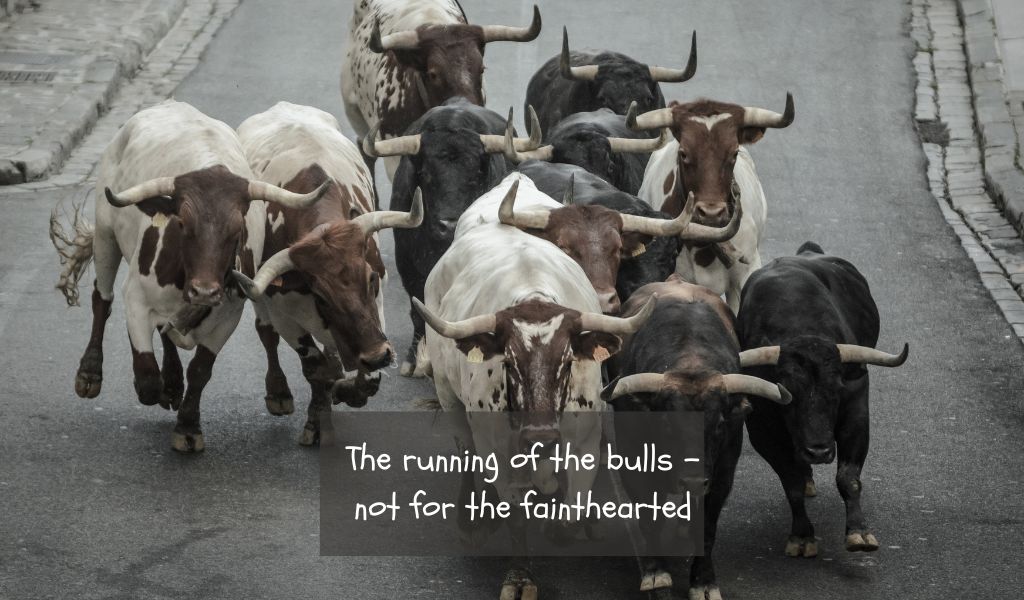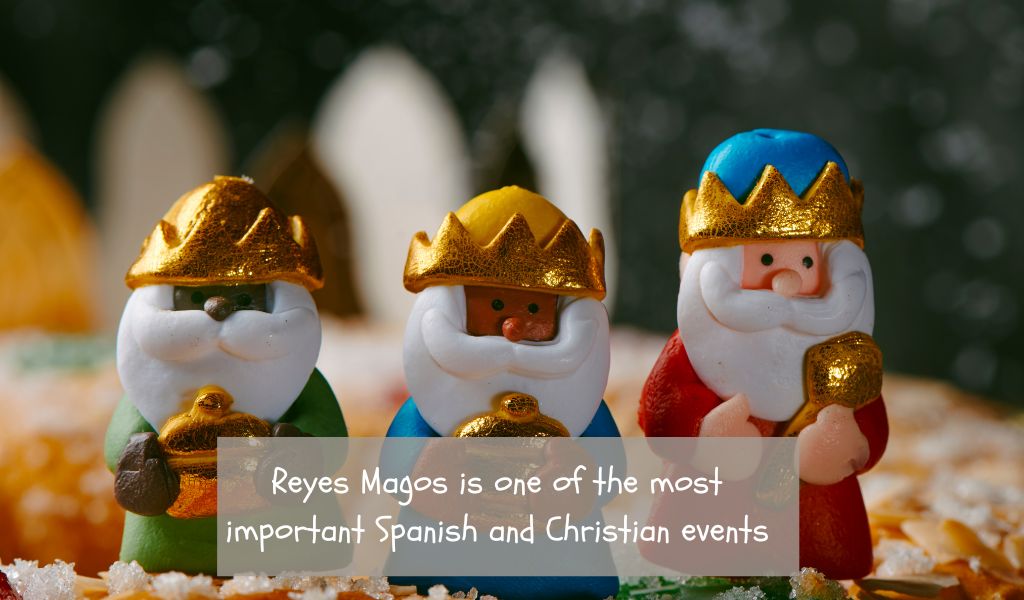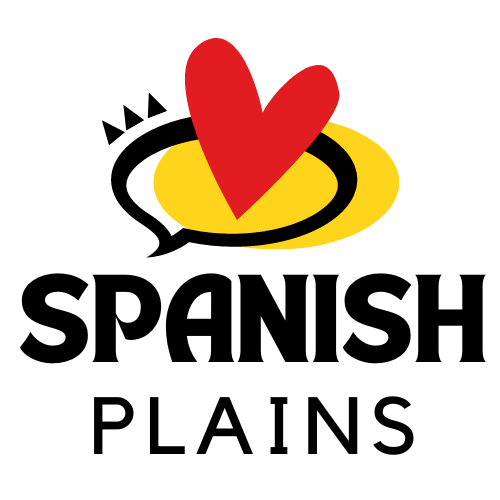From the Running of the Bulls in Pamplona to La Tomatina festival in Buñol, Spain is a country that celebrates its holidays with great enthusiasm and passion.
With a rich culture and history, Spanish holidays are an integral part of life for many locals.
In this blog post, we will explore how these celebrations take place throughout Spain, from religious events like Semana Santa (Holy Week) to regional festivals such as La Mercè in Barcelona.
Whether you’re interested in cultural festivities or historical parades, there’s something for everyone during holiday season in Spain.
Overview of holidays celebrated in Spain
Throughout the year, Spain celebrates a variety of holidays that span all types of cultures and traditions.
Popular events include La Feria de Abril (Seville Fair), Running of the Bulls in Pamplona, Semana Santa (Holy Week) and the Feast of the Epiphany, as well as local festivals such as La Tomatina in Buñol and La Mercè in Barcelona.
Each of these events have a unique atmosphere that provides visitors with a one-of-a-kind experience. From parades to fireworks, there is always something to do during holiday season in Spain.
Let’s take a closer look at some of the most popular holidays celebrated in Spain:

La Feria de Abril (Seville Fair)
The Seville April Fair is an exciting event that takes place in the Andalusian capital each year during the six days preceding Easter Sunday.
La Feria de Abril has been celebrated in some form for hundreds of years, but today it is firmly established on Seville’s cultural calendar as a joyous and colorful spectacle.
The fairgrounds are adorned with vibrant traditional costumes and ornamented carriages drawn by horses while visitors come from far and wide to enjoy carnival rides, delicious food stalls, and lively flamenco performances.
Whether you’re looking to savor local cuisine, experience some traditional Sevillano culture, or explore the famous real de la feria (fairground), a visit to the Seville April Fair is certainly full of exciting surprises.
Running of the Bulls in Pamplona
The running of the bulls in Pamplona is one of Spain’s oldest and most iconic traditions.
The first use of the bull-run dates back to the 13th century, with the tradition stemming from a need to transport bulls from their outlying farms into the city for the annual week-long festival.
During this event, hundreds of participants bravely take to the narrow streets to dodge the bulls that are released at 8am every day – some risking serious injury in an effort to achieve glory.
In recent years, however, more visitors have opted instead to observe rather than participate in this thrilling spectacle as it has become increasingly popular with tourists from around the world.
Whether you watch or run, witnessing or taking part in this festival will leave you with a memory that will last a lifetime.
Semana Santa (Holy Week) and the Feast of the Epiphany
Semana Santa (Holy Week) and the Feast of the Epiphany are two important religious events celebrated in Spain.
During Holy Week, processions take place throughout the country, while The Feast of the Epiphany takes place on the 6th January and commemorates the arrival of the Three Wise Men in Bethlehem to pay homage to the infant Jesus.
On this special feast which is also known as Reyes Magos, children receive gifts from the Three Kings and enjoy a big feast with their family.
Apart from that, traditional customs such as eating a king’s cake with a small gold charm inside are common both during Semana Santa and throughout The Feast of Epiphany.
Both events are highly celebrated in Spain, attracting thousands of tourists every year who get an opportunity to experience Spanish culture in its essence.

Regional holidays and festivals such as La Tomatina and La Mercè
Regional holidays and festivals such as La Tomatina and La Mercè, celebrated in Spain and Catalonia respectively, have become increasingly popular over the years.
La Tomatina is a hilarious festival held every summer in the small town of Bunol near Valencia that consists of a large tomato fight where thousands of people throw tomatoes at one another.
La Mercè, on the other hand, is annually held in Barcelona during late September and includes an array of exciting activities ranging from firework displays to traditional Catalan parades.
Both events attract hordes of international travelers from all over the world eager to experience these unique cultural occasions.
For locals it’s a great way to participate in a collective celebration full of ancestral tradition, delicious local gastronomy and vibrant music that binds its people together.
Tips for experiencing Spanish culture during your trip
When visiting Spain, the best way to experience its culture is by living it first-hand.
Staying in a family-run guesthouse and exploring the countryside on foot allows you to absorb the local customs and character of each region while discovering hidden gems along the way.
Taking cooking classes will also give you insight into Spanish cuisine, as well as socializing with people in small bars or cafes – a common ritual among Spaniards – which can provide an opportunity to learn more about cultural nuances.
Most importantly, no trip to Spain would be complete without taking part in some of its festivals, whether that’s Semana Santa or La Tomatina.
Doing so will ensure that your visit is full of unforgettable moments that will stay with you for a lifetime.
Final thoughts on celebrating holidays in Spain
Visiting Spain during their local and national holiday times is an awe-inspiring experience that provides visitors with a unique opportunity to discover the country’s vibrant culture and customs.
Whether it’s participating in traditional processions or taking part in a festival there are plenty of thrilling experiences waiting for you when visiting Spain.
With so much to explore and uncover, holidays in Spain can be a truly magical occasion – one that will stay with you for many years to come.

